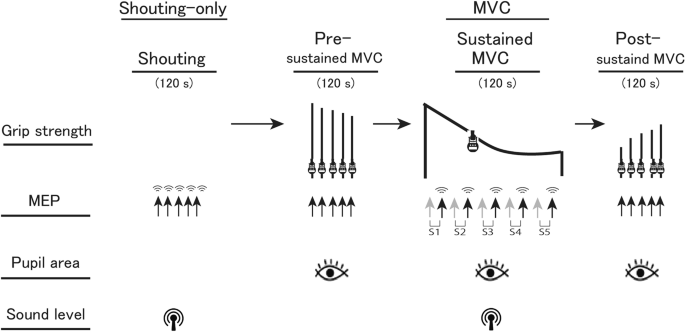
- Select a language for the TTS:
- UK English Female
- UK English Male
- US English Female
- US English Male
- Australian Female
- Australian Male
- Language selected: (auto detect) - EN
Play all audios:
Australians who are only now waking up to the potential impact on their Super Funds that the proposed Albanese Labor Government and Treasurer Jim Chalmers money grab will have on their
savings, have a new ally with retailer boss Gerry Harvey going into bat for them claiming that the new tax is “stupidity of the highest order”. Treasurer Jim Chalmers and Treasury who
engineered the money grab with proposed unrealised capital gains tax initiatives, in an effort to fund Labors splash the cash Federal Election campaign have been described as “desperate” by
Gerry Harvey. Talking to the Australian the Chairman of retailer Harvey Norman said, “The inevitability about all this is that the government has to raise taxes because they can’t stop
spending,” Mr Harvey said. Labor wants to introduce an unrealised capital gains tax beginning with superannuation funds worth more than $3m, without indexation. The move will hit tens of
thousands of average Australian and retirees with many already looking to shift their money into overseas accounts or locations where it would not be subject to the new tax with consumers
using overseas linked credit cards to access the funds. As awareness grows of the unintended consequences of the new tax, Mr Harvey added his voice to the debate, saying he knew people who
would have to pull their money. He described the tax as “stupidity of the highest order” driven by a government that was “desperate for revenue.” “The inevitability about all this is that
the government has to raise taxes because they can’t stop spending,” Mr Harvey said. The Australian claims that in 2022, just before the centre-left government of Norway increased similar
wealth taxes to 1.1 per cent, hundreds of Norwegians left the country. The Norwegian tax was meant to raise millions of dollars in additional tax revenue, but as more people left it resulted
in an estimated fall of $US448m annually. It also had an impact on retail sales in Norway according to analysts. Chalmers refers to the new unrealised gains tax as a “modest change” on
eight occasions at one press reference when announcing it and has continued to use the descriptor during recent questioning. What he is punting on is that newly appointed Greens leader
Larissa Waters will use her party support to get the proposed legislation through the Senate. Macpherson & Kelly wealth adviser Nicole Treacey told the Australian that people over 60 had
plans not only to pull assets from super but potentially to move overseas fearing an unrealised capital gains tax could be introduced on family trusts or even the family home. “If it passes
in its current form, I know a lot of people have already started contingency planning for this, and they are ready to execute those plans as soon as they know that this law is likely to
pass,” Ms Treacey said. “Anyone having to find an extra $500,000 to pay an unplanned tax bill, such as a primary producer, is unlikely to view these changes as modest,” she said. “It’s
looking increasingly likely that these proposed changes are going to proceed. We are still hopeful that they might be amended before they go back before parliament. It is not too late for
the government to take on board the feedback of the business community and make some sensible changes to this legislation.” About Post Author David Richards David Richards has been writing
about technology for more than 30 years. A former Fleet Street journalist, he wrote the Award Winning Series on the Federated Ships Painters + Dockers Union for the Bulletin that led to a
Royal Commission. He is also a Logie Winner for Outstanding Contribution To TV Journalism with a story called The Werribee Affair. In 1997, he built the largest Australian technology media
company and prior to that the third largest PR company that became the foundation company for Ogilvy PR. Today he writes about technology and the impact on both business and consumers.







